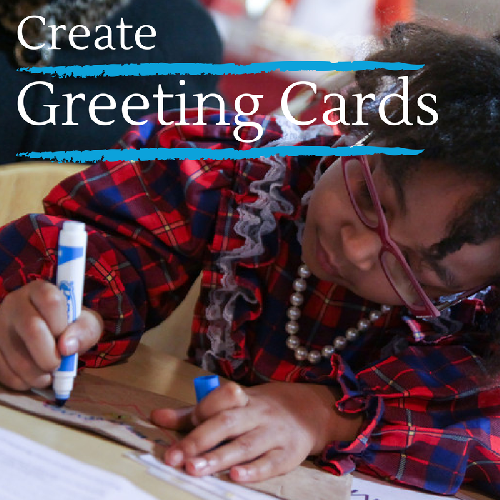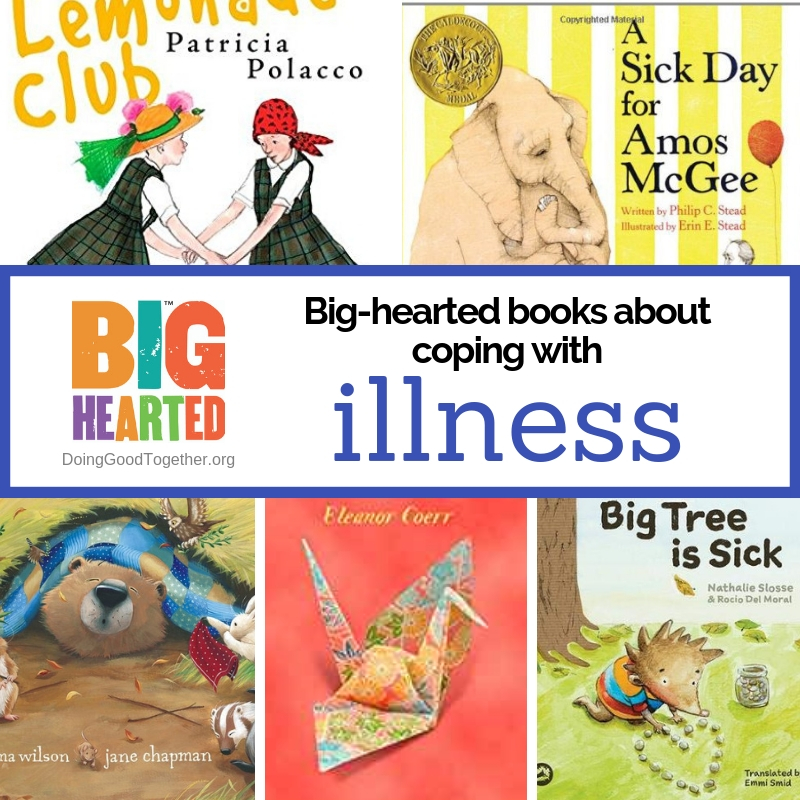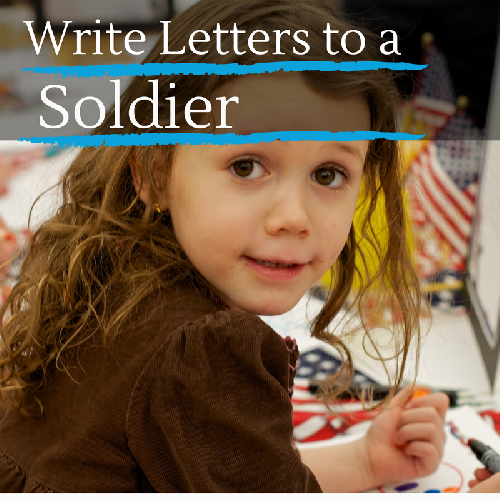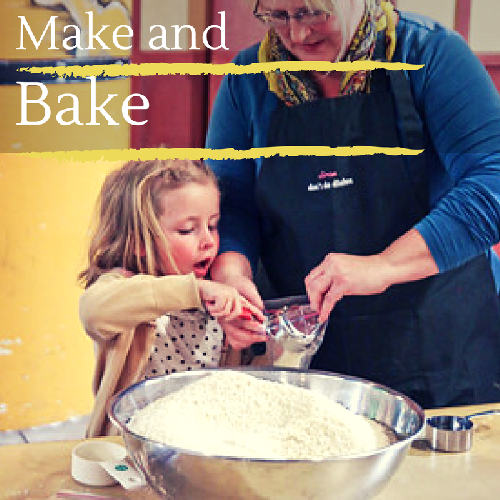Few topics are as difficult to discuss as a family – or as necessary – as death and grief.
We tend to avoid the subject with our kids, hoping to shelter them for as long as possible. That is, until it's unavoidable.
Occasionally, our children come to us with questions and fears about death all on their own, seemingly out of nowhere.
From time to time we arrive together at a moment of loss that is intensely personal.
And far too often, we are confronted by events that thrust our entire community, even our nation into mourning, when tragedy strikes and grief is a public burden.
In every case, we find ourselves in the position of guiding our children – and ourselves - through a wilderness of emotions, questions, and fears.
At Doing Good Together™ we believe that families grow stronger and more compassionate with every thoughtful, intentional conversation. We must always meet our children’s questions with honesty. We must embrace their emotions with acceptance. And we must soothe their fears with tenderness.
If possible, we must help our children talk about this difficult subject before we find ourselves in an unavoidable moment of tragedy.
It's important to recognize that children will want and need to discuss death, grief, and loss in their own way and in their own time. Meet them where they are, and strive to be as open, honest, and available as possible.
Here, we’ve gathered our favorite resources to help your family begin to approach the tender topic of death and grief with big hearts and open arms.
Compassionate tools to discuss the death and grief.
1. Be proactive. Be honest. Be available.
As much as we'd all love to protect our children from the notion of tragedy or loss, they need our guidance and support more than our protection. Be honest and forthright when you find yourselves together in a moment of loss.
If possible, approach the topic before the emotional weight of loss makes it a necessity.
Consider their age: The Child Development Institute's thoughtful article "How to Talk to Kids About Death," offers a brief but helpful assessment of the developmental stages of understanding death.
Reach out to older kids: The moment you worry that your child will hear of a tragedy or a loss from someone else, it's time to start talking. It's important for children to know they can rely on their parents for accurate, truthful information.
Follow your child's lead: Answer their questions, no more, no less.
Keep talking. Once the doors of communication are open, keep them open. This is a topic that naturally resurfaces from time to time. Be open to a thoughtful conversation in the middle of Lion King or when you hear of a friend coping with the loss of a pet. These conversations will lay the groundwork for more challenging emotional moments down the road.
2. Choose a book to guide your conversation.
We've gathered a selection of incredible picture books and chapter books that guide your conversation about death and grief. These books are especially helpful if you're looking to keep a conversation going or start a conversation about this challenging topic before it's necessary due to personal or public tragedy.
3. Tell stories.
Like reading, storytelling is a powerful way to process heavy emotions. Storytelling is also a powerful way to hold fond memories close during a time of grief and beyond.
Turn memories of those you've lost into bedtime stories, keeping them alive in the hearts of the next generation.
Tell stories of your child's younger years, reminding them of happier moments.
Make a point of sharing the good news stories of helpers and heroes. Visit the Good News Network for hopeful news.
4. Emphasize stability and routine.
Help children know they are loved and safe and secure. Try a few specific tasks designed to remind your family of the strength and support around you.
Stop by the local police station or fire department with treats and a thank-you card. If possible, take a tour of the station and learn about the important work of first responders.
Make a special effort to connect with friends and family members. Too often when we are feeling sad, we have a tendency to isolate ourselves. Instead, intentionally help your children feel the support and strength of their community.
Take comfort in reaching out to others in need. Try one of our projects to Provide Comfort, pictured below.
At Doing Good Together, we work to help parents raise children who have a heart for the world.
Part of raising these compassionate, empathetic children is recognizing and responding to their heartbreak. While we can never truly prepare our children for the pain of grief, we can prepare ourselves to guide them through these conversations with resilience and love.
Still looking?
Browse our collection of projects to provide comfort.
Join our Big-Hearted Families Membership Circle!
We'll help you keep kindness on your family calendar all year long.
Disclaimer: Doing Good Together™ is a participant in the Amazon Services LLC Associates Program, an affiliate advertising program designed to provide a means for sites to earn advertising fees by advertising and linking to Amazon.com.
The recommendations we offer are based solely on our mission to empower parents to raise children who care and contribute.



















